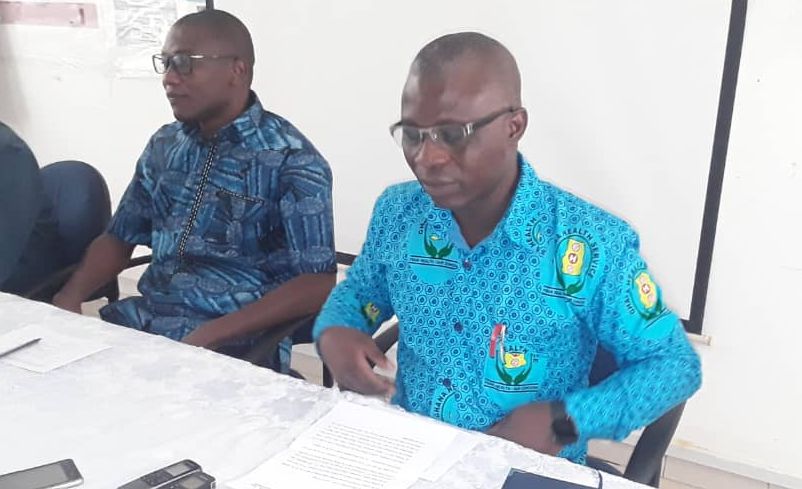
Coronavirus detection: Upper East region placed on high alert
The Upper East Regional Director of the Ghana Health Service (GHS), Dr Winfred Ofosu has stated that an effective surveillance system is being put in place in the Region to help detect suspected cases of the Coronavirus otherwise known as COVID-19.
Due to the many entry points that exist in the Region, he noted that it was imperative to ensure that all the entry points are put under very strict surveillance system.
The Upper East Region which is located in the north-eastern corner of the country is bordered to the north by Burkina Faso, the east by the Republic of Togo, the west by Sissala in the Upper West Region and the south by West Mamprusi in the North East Region. The total land area is about 8,842 square kilometers.
Dr Ofosu was speaking at a media briefing at Bolgatanga to announce plans and strategies of the GHS to vaccinate children to protect them from the Type 2 Polio Virus.
The region will vaccinate children between the ages of one year nine months and four years with Inactivated Polio Vaccine (IPV) from Wednesday, February, 19 to Tuesday, February 25, 2020.
He further explained that considering the debilitating effects of the COVID-19, it was important for him to talk about the disease to allay the fears of the public particularly residents of the Region.
The director also stressed that all the health facilities in the Region have been placed on high alert to identify people suspected to have been infected with the disease.
Vaccination
A total of ninety-six thousand seven hundred and ninety-nine children in the Upper East Region are to be vaccinated to protect them against the Type 2 Polio Virus. It is estimated that over two million children in Ghana have not been protected against the Type two Polio Virus hence they are vulnerable to infection.
Rationale
Dr Ofosu indicated that the rationale for the selection of that particular age group was because when Ghana switched from Trivalent Oral Polio Vaccine (tOPV) to Bivalent Oral Polio Vaccine (bOPV) in April 2016, the IPV should have been introduced immediately after the switch in 2016.
He however noted that due to Global shortage of the IPV vaccines, it was introduced almost two years later in June, 2018. Therefore he said children who were born between April 2016 when the switch took place and June 2018, when the IPV was introduced had no protection against the Type two Polio Virus.
The director intimated that a total of 142 teams made up of health workers and volunteers will be at outreach points, schools, markets, and other vantage points to provide the polio vaccination.
“All eligible children will be given 0.5mls Inactivated Polio Vaccine by intramuscular injection on the right deltoid (shoulder); caregivers with eligible children are hereby entreated to make sure their children are vaccinated within the stipulated period. ”Dr Ofosu further stressed.
He said the IPV has been part of “our routine vaccination programme for more than a year now and is usually given to children at 14 weeks of age".
He assured caregivers and the general public that “all our vaccines are safe and has over the years reduced vaccine preventable diseases and deaths in the Upper East Region and the country as a whole”.
